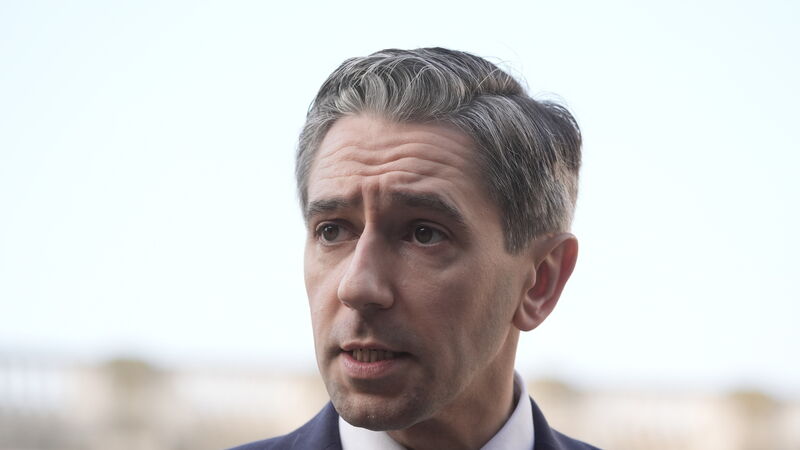'Our voices are not being heard': Mental health advocates write to Taoiseach over underfunding

In an open letter to Taoiseach Simon Harris, mental health advocacy groups said 'persistent underfunding' has left Ireland ranked worst in Europe for difficulty in accessing services.
More than 60 advocacy groups have written a scathing open letter to Taoiseach Simon Harris, saying mental health patients’ voices are not being heard by the Government.
Led by Mental Health Reform, the 63 signatories include Pieta House, Jigsaw, Barnardos, Alone, Bodywhys and Shine. The list also includes the Irish Council for Civil Liberties and Focus Ireland.












